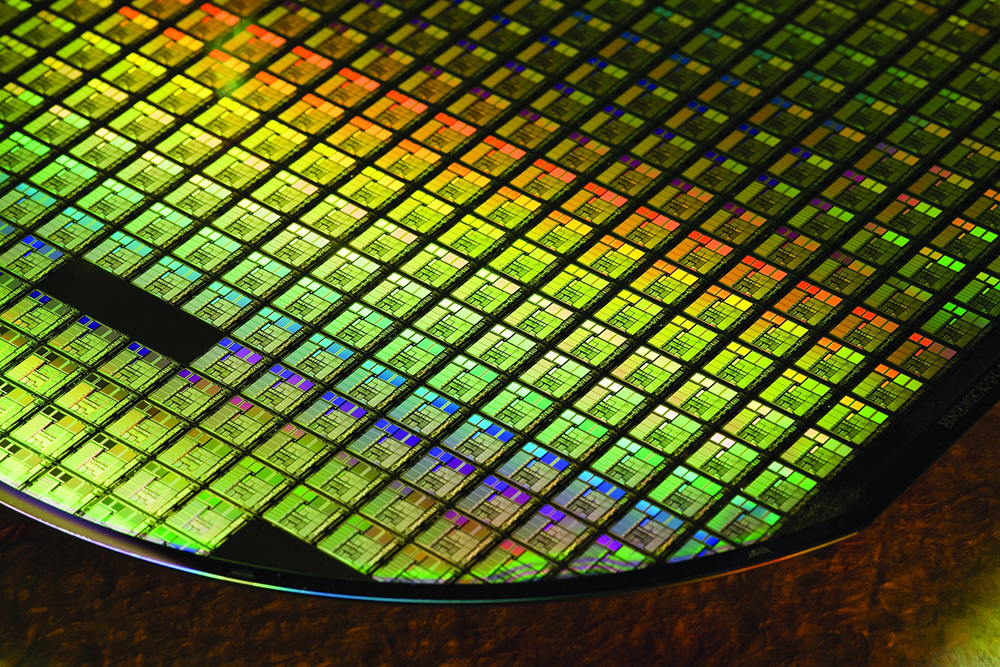Needless to say, the importance of advanced processors and semiconductor processes is not only in dispute between China and the United States, but the European Union is not reconciled. The 17 EU countries have signed a joint statement recently that advanced technologies such as 2nm technology will be developed in the future.
After the United Kingdom left the European Union, 17 of the 24 EU countries jointly announced an ambitious "Joint Statement on European Processor and Semiconductor Technology Plans", which aims to encourage the EU to jointly research and invest in advanced processors and semiconductor processes. .
According to this plan, 145 billion euros, or about 1.2 trillion yuan, may be invested in the next two to three years to promote the mastery of vital semiconductor technology in EU countries.
The statement pointed out that the current EU semiconductor technology does not match its own economic status. EU countries account for 16% of global GDP, but EU countries account for only 10% of the 440 billion euro semiconductor market.
This report highlights several technologies. In addition to 5G, there will be 6G in the future. In semiconductor technology, in addition to chips, the EU focuses on 2nm advanced process manufacturing. This is a new process to be mass-produced in the future. The advanced is the 5nm process.
The countries that have not signed this declaration are mainly Bulgaria, the Czech Republic, Hungary, Ireland, Latvia, Lithuania, Luxembourg, Poland, and Sweden. The countries that have joined the declaration are developed countries in Western Europe such as Germany, France, the Netherlands, and Italy. They are also semiconductors. One of the strongest teams.

